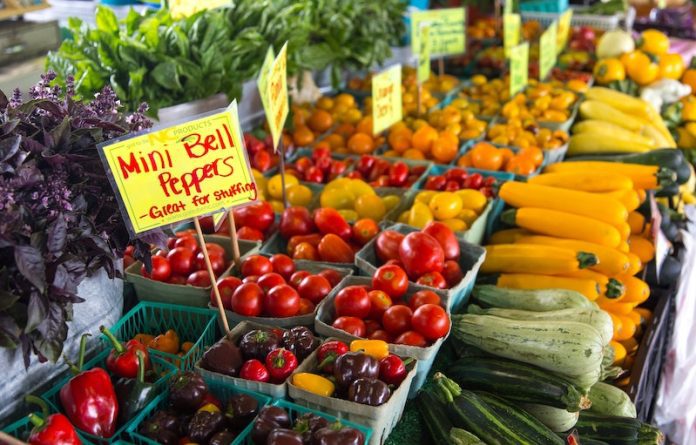
Scientists from Tabriz University of Medical Sciences and elsewhere found that eating fruit and vegetables may help prevent stomach cancer.
Gastric cancer is a type of cancer that starts in the stomach, and it’s the fifth most common cancer worldwide.
Eating a healthy diet, which includes plenty of fruits and vegetables, is one way to potentially reduce the risk of developing gastric cancer.
However, previous studies have reported conflicting results on the relationship between fruit and vegetable intake and gastric cancer risk.
To update the previous research, a group of scientists conducted a new study to examine the association between fruit and vegetable intake and gastric cancer risk.
They searched various online databases, such as PubMed, Scopus, ISI Web of Science, and Google Scholar, to find relevant prospective cohort studies published up to October 2021.
They included a total of 17 articles containing 18 prospective studies with 1,527,995 participants, aged between 18 and 90 years old.
During the follow-up periods ranging between 4.5 and 21 years, 8,477 cases of gastric cancer were diagnosed.
The researchers found that people who ate more fruits and vegetables had a lower risk of developing gastric cancer.
Specifically, a higher intake of total fruit and total fruit and vegetable was associated with a lower risk of gastric cancer.
For total vegetable intake, a significant inverse association was found among the studies that controlled their analysis for energy intake.
In addition, the researchers conducted a linear dose-response analysis, which revealed that each 100 g/day increase in total fruit intake and each 200 g/day increase in total fruit and vegetable intake were associated with a 5% and 6% lower risk of gastric cancer, respectively.
These findings suggest that consuming more fruits and vegetables may be a practical and effective way to reduce the risk of gastric cancer.
It’s worth noting that the study has some limitations. For example, the studies included in the analysis were all observational studies, meaning that they can’t prove cause-and-effect relationships.
Additionally, the participants’ fruit and vegetable intake was measured using self-reported methods, which can be subject to recall bias.
However, the study’s large sample size and the comprehensive search strategy used to identify relevant studies provide strong evidence to support the protective effect of fruit and vegetable intake against gastric cancer.
In conclusion, the study’s findings suggest that consuming more fruits and vegetables is associated with a lower risk of developing gastric cancer.
This reinforces the importance of including a variety of fruits and vegetables in our diets to promote good health and reduce the risk of chronic diseases like cancer.
However, more research is needed to confirm these findings and to better understand the underlying mechanisms behind the protective effects of fruits and vegetables against gastric cancer.
The research was published in Frontiers in Nutrition and was conducted by Mohammad Naemi Kermanshahi et al.
Copyright © 2023 Scientific Diet. All rights reserved.





